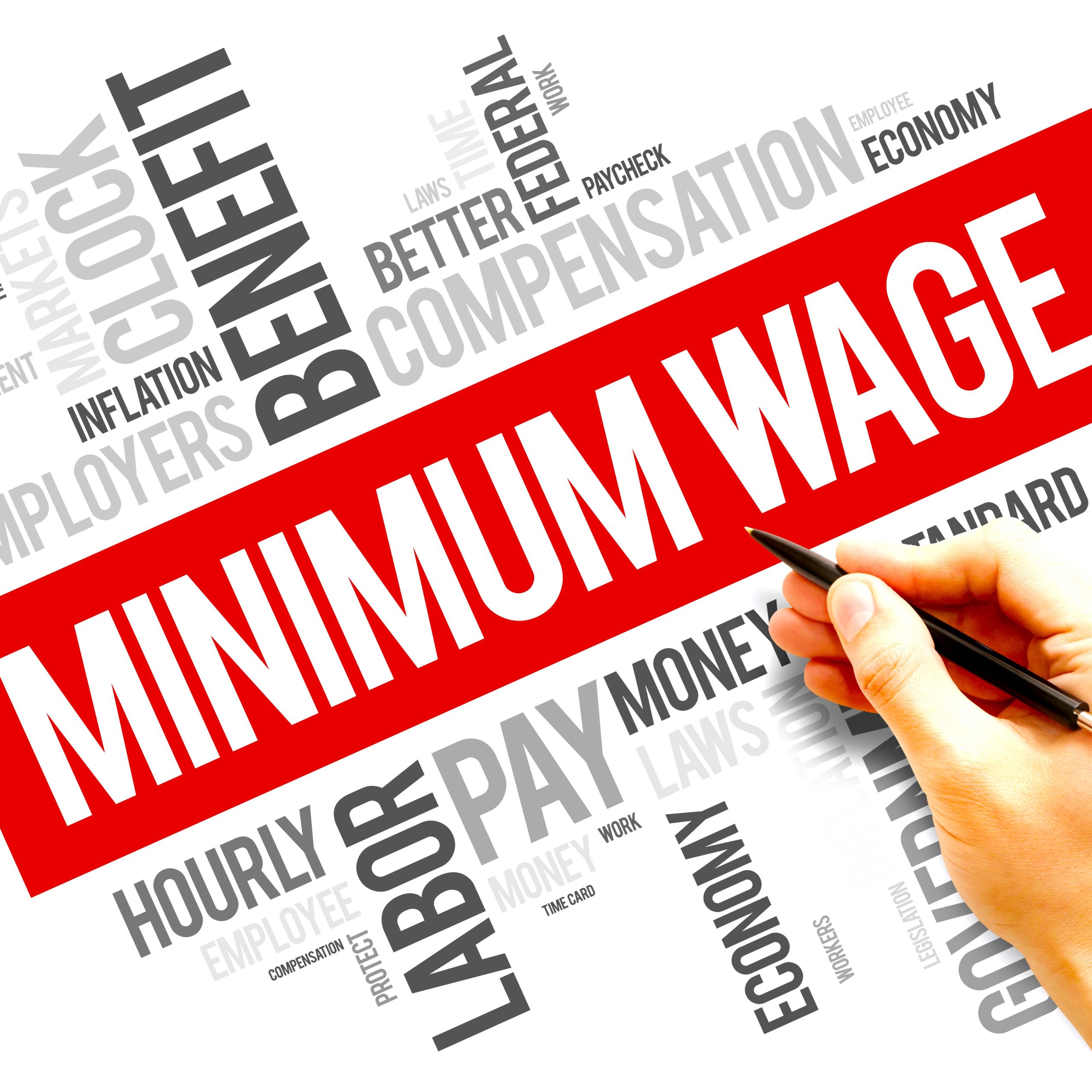The introduction of the UK’s National Minimum Wage (NMW) in 1999 is the single most successful economic policy in a generation, according to the Resolution Foundation.
The NMW has increased the pay of the UK’s lowest paid workers by £6,000 a year compared to their earnings simply rising in line with typical wages, says a report from the think tank.
The report notes that the policy was introduced 25 years ago against a backdrop of rising pay inequality.
Between 1980 and 1998, hourly pay growth in the UK was twice as fast for the highest earners as it was for the lowest earners.
But since 1999 – when the NMW was brought in – this trend has reversed, and hourly pay inequality has fallen with pay growth for the lowest earners five times that seen by the highest earners.
Nye Cominetti, Principal Economist at the Resolution Foundation, said:
‘The policy was introduced in the face of fierce opposition, but now experiences strong cross-party support. With its current remit ending this year, now is the time to discuss the future of the minimum wage and low pay more widely ahead of the election.
‘Politicians should reflect on why the minimum wage has been so successful – such as the combination of long-term political direction and independent, expert-led oversight – and whether this approach could be broadened to tackle some of the UK’s other low pay challenges.’
Internet link: Resolution Foundation website
















